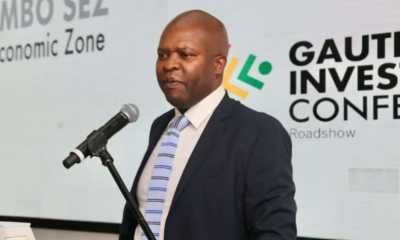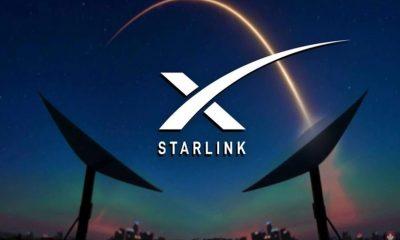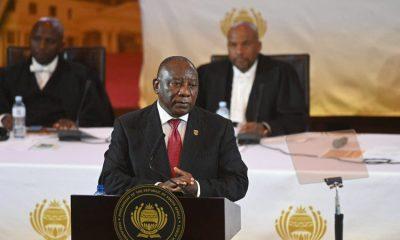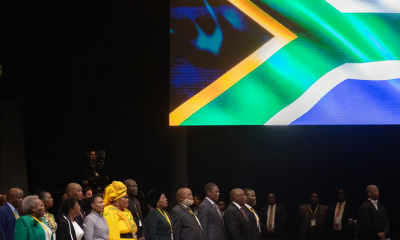411
Gauteng Scales Back Broadband Rollout, Sparking Fears of a Widening Digital Divide
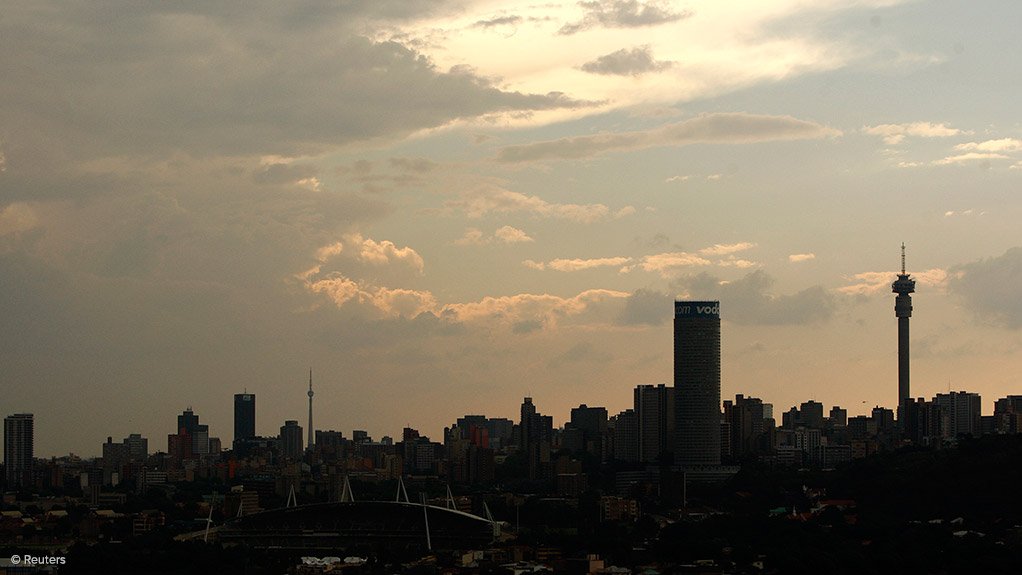
The Gauteng Department of e-Government has significantly scaled back its broadband rollout targets, citing delays and rising costs. The decision has drawn sharp criticism from the Democratic Alliance (DA), which argues that the move will deepen the digital divide and negatively impact schools, clinics, and small businesses reliant on public connectivity.
Reduced Targets Spark Outrage
According to DA Gauteng Shadow MEC for e-Government, Ina Cilliers, the department’s revised plan will result in 473 fewer public facilities receiving broadband access than initially promised. Cilliers noted that despite receiving an additional R152.8 million in the adjustment budget, the department has shifted 70% of its broadband budget toward maintenance and support, leaving only 30% for new infrastructure.
“This means wide area network (WAN) sites have been reduced from 353 to 160, local area network (LAN) sites from 200 to 120, voice over internet protocol (VOIP) sites from 200 to 100, and Wi-Fi hotspots from 250 to 150,” Cilliers said. She accused the department of lowering its targets to align with its historically poor performance in meeting broadband expansion goals.
“This department has constantly failed to meet its quarterly and annual targets in areas where it is now reducing budgets and targets. It is lowering the bar to be closer to its lacklustre performance,” she added.
Uncertainty Over Commercialisation
Cilliers also raised concerns about the commercialisation of the Gauteng Broadband Network (GBN), warning that it could threaten affordable internet access for low-income communities. The DA has submitted written questions to Gauteng e-Government MEC Bonginkosi Dhlamini, seeking clarity on whether public access will be protected once private sector partners become involved in setting pricing and managing network availability.
Government Defends Its Strategy
The e-Government Department has refuted claims of a reduction in broadband rollout, describing the changes as an extended timeframe for delivery. “The delay is due to prolonged engagement with communities and the lack of skilled local SMMEs to build the network,” the department said. It also clarified that the additional R152.8 million allocated in the adjustment budget was intended for the maintenance of existing infrastructure rather than the construction of new broadband sites.
“No schools, clinics, or public facilities will be affected; the project rollout will just take longer,” the department stated. It attributed the delays to financial constraints caused by provincial budgetary pressures, with resources being redirected to essential services such as health and education.
Exploring Alternatives for Commercialisation
Regarding the commercialisation of the GBN, the department said it is exploring various alternatives to reduce the province’s financial burden. This includes partnerships with national network service providers and local authorities. “Even through commercialisation, the department is committed to bridging the digital divide and ensuring the provision of free public Wi-Fi,” it said.
DA Remains Critical
Despite the department’s assurances, the DA remains critical of its approach. Cilliers argued that the delays in broadband rollout will continue to disadvantage Gauteng residents who rely on affordable internet access for education, job searches, and small business operations.
“A DA-led Gauteng government would prioritise broadband expansion over administrative inefficiencies and ensure transparent, data-driven planning to prevent miscalculations,” Cilliers said. She emphasized the importance of affordable and reliable internet access in fostering economic growth and reducing inequality.
What’s Next for Gauteng’s Broadband Rollout?
As the debate over Gauteng’s broadband rollout continues, the focus will remain on balancing fiscal constraints with the urgent need to bridge the digital divide. For now, the delays and reduced targets have left many questioning whether the province can deliver on its promise of universal internet access.
Follow Joburg ETC on Facebook, Twitter , TikTok and Instagram
For more News in Johannesburg, visit joburgetc.com



